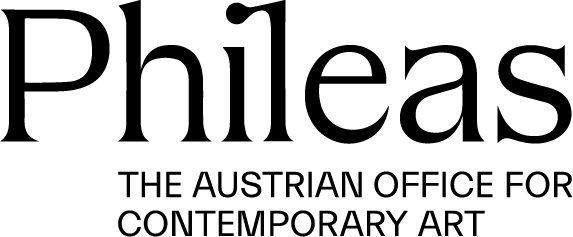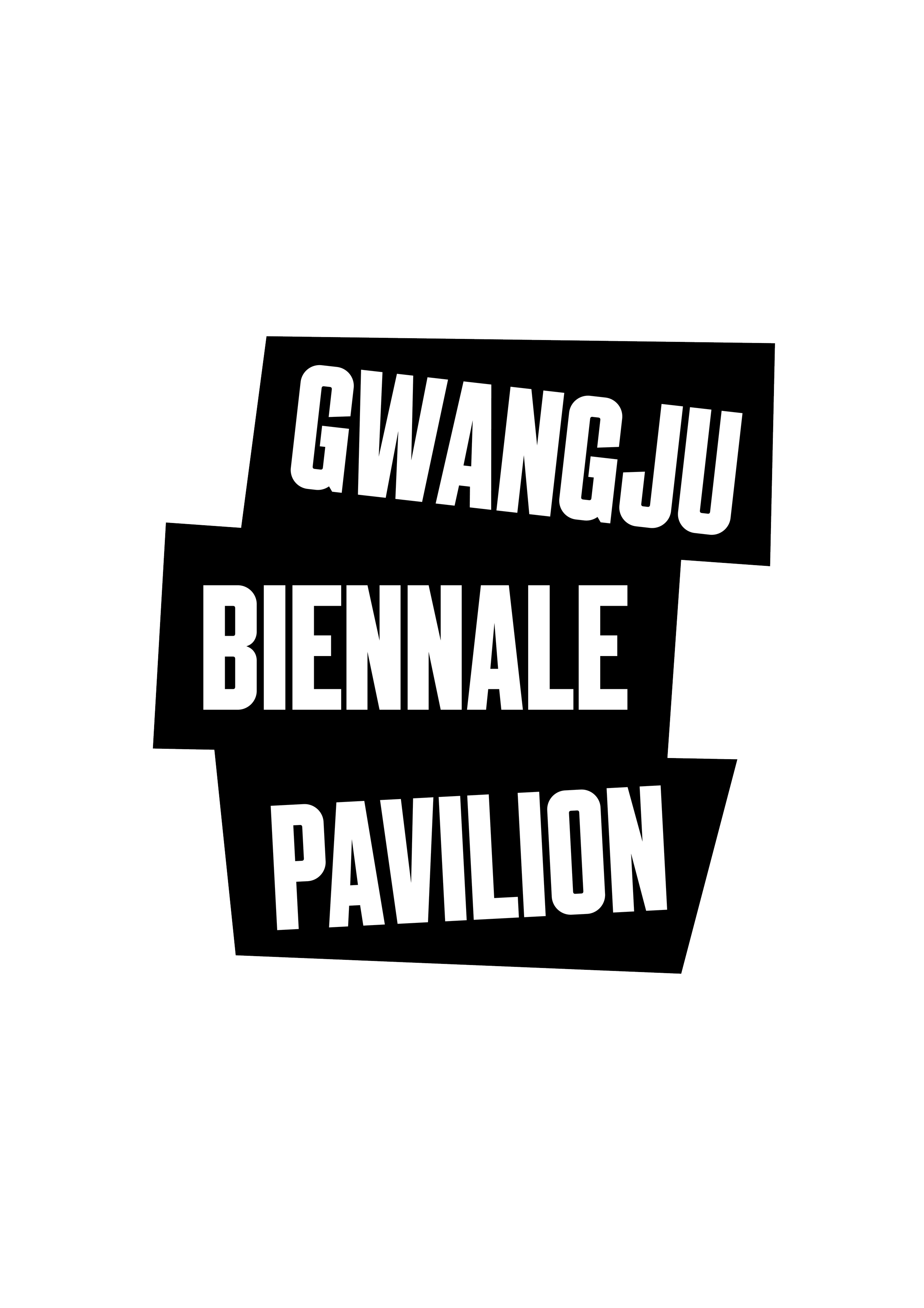Austrian Pavilion in Gwangju, South Korea
16th Gwangju Biennale, South Korea, 2026
Phileas – The Austrian Office for Contemporary Art is welcoming applications for an open call for the concept and realisation of the Austrian Pavilion at the 16th Gwangju Biennale in 2026. Since 2018, the Gwangju Biennale has hosted national pavilions and satellite exhibitions by international art institutions in various cultural venues across the city alongside the main exhibition. As part of the 16th Gwangju Biennale in 2026, the participation of Austria will be presented at the Eunam Museum of Art.
The project is commissioned by Phileas – The Austrian Office for Contemporary Art and jointly funded with a grant from the Federal Ministry for Housing, Arts, Culture, Media and Sport.
Initiated by Phileas - The Austrian Office for Contemporary Art, and in collaboration with the Federal Ministries for Housing, Arts, Culture, Media and Sport as well as for European and International Affairs, and the Austrian Embassy in Seoul, artist Liesl Raff designed the first Austrian pavilion at the Gwangju Biennale in 2024 under the title Club Liaison. Following its success and international visibility, Raff's expansive, sculptural installation entered the collection of the mumok – Museum moderner Kunst Stiftung Ludwig Wien.
The Open Call for the concept and realisation of the Austrian Pavilion at the 16th Gwangju Biennale in South Korea is now closed. Nominees will be publicly announced on Tuesday 23 September 2025.
-
-
For further information about the Eunam Museum of Art in Gwangju please click here.
-
The Gwangju Biennale in South Korea is considered the oldest and most renowned biennial for contemporary art in Asia. The last edition in 2024 attracted over 700,000 visitors. The biennial was established in 1995 to commemorate the violent suppression of the Gwangju Democratisation Movement by the military dictatorship in 1980.
The artistic director of the 16th Gwangju Biennale is the curator, media artist and filmmaker Ho Tzu Nyen. Under his artistic direction, the 16th Gwangju Biennale aims to highlight collective artistic practices and commonalities that respond to the crises of our time - from climate change and unpredictable pandemics to democratic backsliding - as well as overcoming the sense of individual powerlessness that often accompanies them.
Eunam Museum of Art, Gwangju, South Korea





